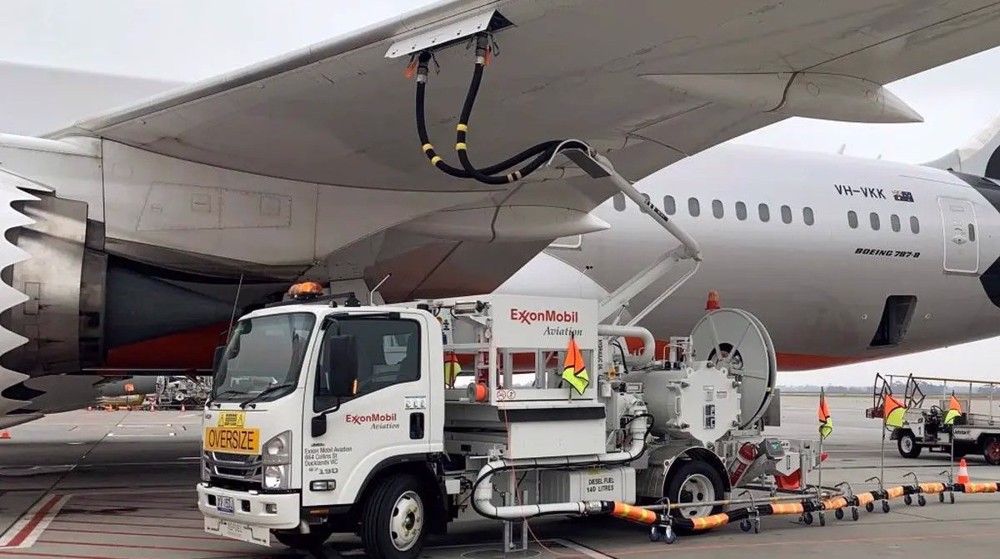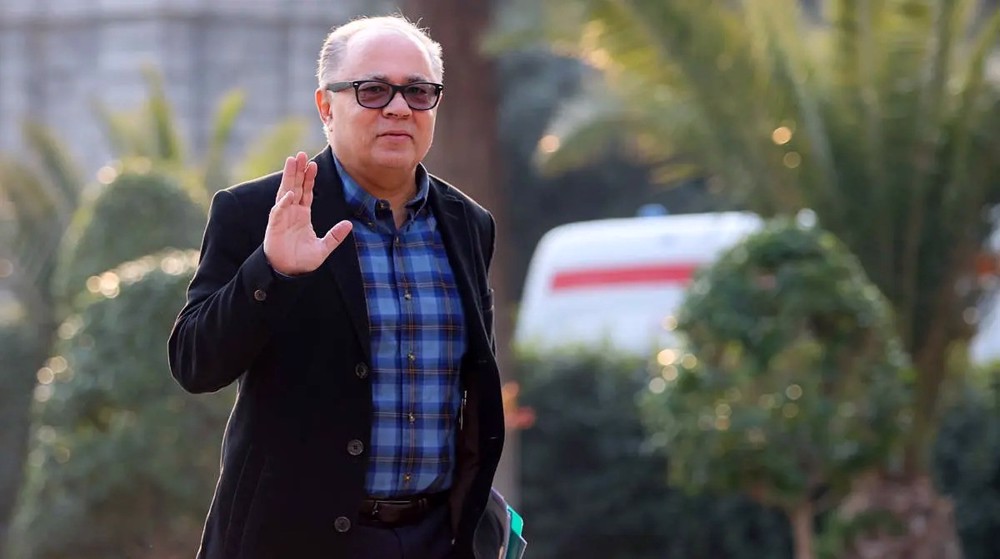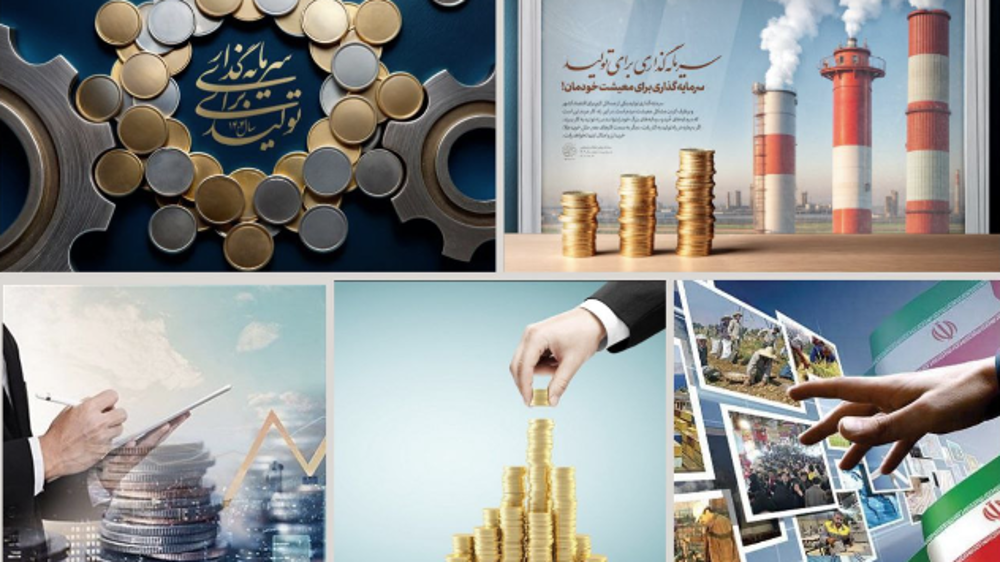Economists say ‘no miracle to come’ if Iran sanctions lifted
While the prospects are still not certain for Iran and P5+1 to reach a final comprehensive agreement over the Iranian nuclear energy program, concerns are rising in Tehran over the ballooning sentiment of businesses that the removal of sanctions is as certain as the sunrise.
Signs of over-excitement were everywhere in the Iranian capital after it was announced in the Swiss city of Lausanne last week that solutions have been found to move toward the final agreement.
In the exchange market, the Rial marked moderate gains against the Dollar for the first few days after the events in Lausanne. Nevertheless, the greenback immediately retrieved the grounds that were lost in what analysts said was the result of a psychological reaction.
Reactions in the stock market were stronger. Share prices that had seen a lackluster year jumped to levels not seen in a matter of years over prospects that sanctions on Iranian companies – many of them market heavyweights – would be eventually lifted. Just like the exchange market, the excitement soon subsided after reservations prevailed to wait and see what the eventual outcomes in Iran talks will be.
Over a week from Lausanne, there are still many in Tehran questioning when the sanctions will be removed, how this will happen, who will return first and who will be free to go and where.
Nevertheless, the country’s top economists believe that businesses need to beware what they say are unrealistic expectations over the removal of sanctions.
“The removal of sanctions will not lead to a miracle even though it will provide certain facilities for Iran,” said Masoud Nili, an economist and a top advisor to President Hassan Rouhani warning that undue expectations over the removal of sanctions could have a backlash on the Iranian economy.
“There may be a huge gap between what the public anticipates from the removal of sanctions and what will happen in reality,” Nili has been quoted as saying by Iran’s Seda (The Voice) Magazine. If things are not managed properly, he warned, the economic conditions will become worse than the present situation that sanctions are in place, he warned emphasizing that the public trust in the government will be at stake.
Similar warnings have been issued to a growing anticipation in Tehran that the value of the US Dollar will plunge against the Rial on the very day the sanctions against Iran are lifted.
“Iran’s currency market is already experienced as the result of several past mistakes,” said economist Jamshid Pazhouyan referring to 1988 when the Dollar saw a dramatic crash against the Rial after Iran and Iraq accepted a UN-brokered ceasefire to end eight years of war. “The [currency] market is now at a point that it does not become over-excited,” Pazhouyan has told Seda.
Other speculations are also emerging that even in case the sanctions are to be removed against Iran, the country has to take several painful steps to return to an international business it had been away for a while.
“Re-entering international business can deliver a serious shock to the Iranian economy. This is because there is still a huge gap between the Iranian banks and the global financial system,” said university professor Raham Qilichi. “We have been away from the international banking transactions for over a decade …Our banks still need to do a lot to prepare themselves for international business,” Qilichi has told the Persian-language newspaper Forsat-e Emrooz (Today’s Opportunity).
Nevertheless, there is a consensus among experts that Iran will have to enable domestic producers in order to see economic prosperity in a post-sanctions era.
“I believe the most secure approach for achieving a sustainable industrial development and economic growth is helping domestic investments in production and encouraging exports,” said Ramin Emadi, an EU economic advisor.
“Enabling domestic producers is the biggest challenge of President Rouhani,” Emadi has told Seda, stressing that Iran needs to change its focus from “an economy of consumers to an economy of exporters”.
AA/AA

Iran jet fuel use up by over 6% in year to March

Iran president sacks deputy for taking holidays to Antarctica

Year of Investment in Production in Iran
VIDEO | Ukraine: The US U-turn that knocked out Europe
US revokes all visas held by South Sudanese passport holders
Iran embassy condemns Netanyahu’s visit to Hungary, calls Israel ‘threat to world peace’
Iran will stand up to bullying: Top general outlines Leader’s reply to Trump’s letter
US rights group slams Western countries for ‘perpetrating genocide’ in Gaza
US revokes another university student visa ‘without explanation’
Israel kills Palestinian journalist after targeting her home in Gaza
VIDEO | Mass protests sweep major European cities against Trump-Musk intervention







 This makes it easy to access the Press TV website
This makes it easy to access the Press TV website